Build, Milan, build 🏗️
It's time for builders #16
I’m based in Milan, Italy’s main startup hub.
Over the last few weeks, the city got embroiled in a massive new scandal related to its real estate development.
Somehow, this turned into a debate around Milan’s growth and affordability crisis in the last decade or two.
I think these are two different questions:
how to fight corruption
should Milan keep building
Quick political rant on the former: the state is responsible for it. In every system, the burden is on the designer.
Corruption thrives in grey areas and slowness - I’m for fewer, clearer rules and a more efficient permit processes.
I find it shameful that while the courts and politics take their time, some construction sites on standby, and homebuyers are stuck in a limbo. They are the true victims.
But let’s focus on the latter matter, as it’s the relevant one for the startup ecosystem.
The bigger the city, the more startups
I’ve always been fascinated by urban centres.
I love walking around them and reading about them.
When I got into tech almost ten years ago, one of my favourite topics was the relationships between innovation and agglomerations.
This is what my master thesis “How to create a leading innovation ecosystem: the case of Hangzhou, China” was about.
In a nutshell, size matters.
When it comes to a startup’s three main needs, bigger cities are better.
Market 🏪
Both consumers and businesses are more likely to be early adopters if they live in big cities.
For these people, innovation is a status symbol.
They pride themselves on being ahead.
The fun of trying out new things beats the fear of mistakes.
New trends reach them faster.
Distributing to them is arguably cheaper.
Online
In B2C, I guess, everyone hangs out in the same online places, with social media dominating the lives even of those in remote villages.
But in B2B, I would argue that workers in Milan are more likely to be on LinkedIn.
Offline
B2C: any kind of physical campaign can obviously reach more people.
B2B: meeting in person is much easier plus social ties are more dense, so it’s easier to reach anyone through warm intros.
Talent 👩💻
Ambitious people flock to the most dynamic cities, in search of opportunities.
Obviously it’s a kind of virtuous cycle, if the chicken-and-egg problem is solved: companies go where there is talent density, and more talent flows in when there are many cool employers.
Like customers, hirers are expensive to acquire in general.
For a startup, that is building every process from scratch, even more so.
Tapping into already existing networks of talent can speed things up.
Capital 💰
Of course, cities are also magnets for money.
The bigger, the more economic activity, the more potential investors.
Also, this positive feedback loop includes more valuable real estate, which is probably the main source of wealth for the upper middle classes.
Italy’s curse
Ours is a country of small towns.
This in a way has been a blessing after the war.
Widespread industrial capacity.
High quality of life.
Strong communities.
Lots of places with a rich history that foreign tourists love - not just the famous ones, but also Bergamo, Parma, Verona, Siena, Urbino, Lecce, Matera. It’s a long list.
However, in the age of globalisation and high tech, this turned out to be a disadvantage.
Italy has no London, Paris or Stockholm as its undisputed main city.
Sure, Milan is the clear economic center.
The trend towards urban concentration happened in Italy too.
I’m from Piedmont, and the whole north-west has been in a long industrial decline while Milan has sucked out many of its best people and resources.
Still, Milan has less than 1.5mln inhabitants, and 4-5mln in its core metropolitan area (borders are hard to pin down).
This is relatively smaller than almost all hubs in rich nations.
More houses → lower prices → more talent → bigger economy
Let’s build out more.
Milan is super expensive because lots of people want to move here.
We need to make it easier for them.
Housing is the number one problem.
The only way to bring that cost down is by increasing supply.
Let me tackle three common sources of counterarguments.
Speculation
Foreign funds, AirBnBs and rich expats are the usual culprits.
Sure, they probably make things worse.
Finance is too big a part of the modern economy.
Being a tax heaven for old London bankers is not my favourite policy.
But look at these numbers from 2024: among big cities, Milan has one of the lowest bubble risks.
Sustainability
People are going to live somewhere.
And where they do, they move around and consume energy.
Guess what, everything gets more green in agglomerations.
From the report “Cities need to become denser to achieve net zero” (about the UK):
Space
Overcrowding is not nice.
Especially if new high-rise buildings are concentrated in historically poorer neighbourhoods where access to services is already a problem.
Well, urban planning is not easy.
I live in a 15-floor building, new construction over land reclaimed from the railways.
Sometimes there are blackouts in summer.
The city needs to step up its game.
But it’s not just about building up more.
It’s also about connecting better existing neighbourhoods through public transport.
Within and around the city.
My dream is metro and overground lines all the way to Novara, Como, Bergamo, Pavia and Lodi.
This is Italy’s best chance.
If Milan doesn’t pull it off, it won’t be other Italian cities that benefit.
Amsterdam, Berlin, even Madrid now (!) will get our talent, startups and capital.
Build, baby, build.
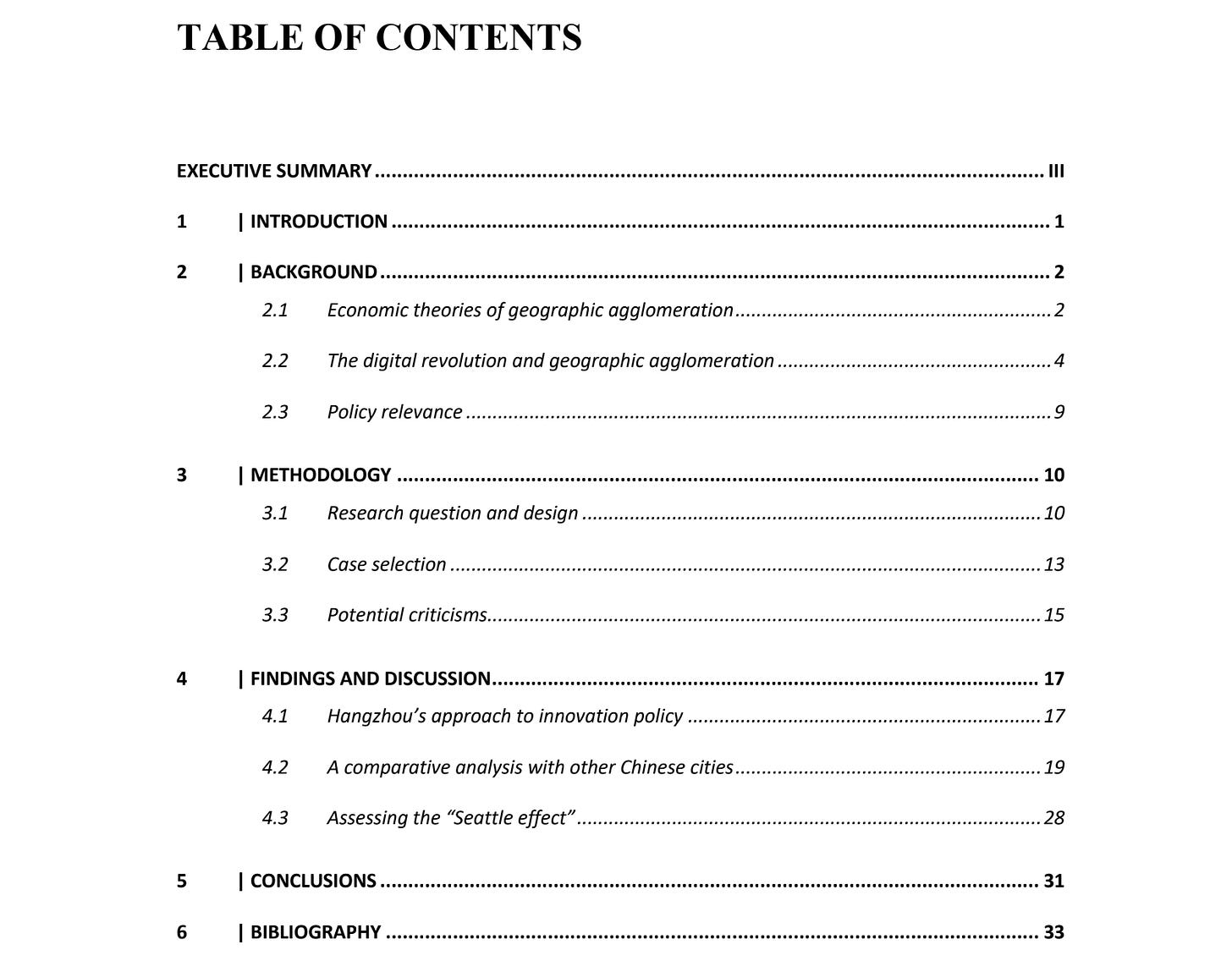
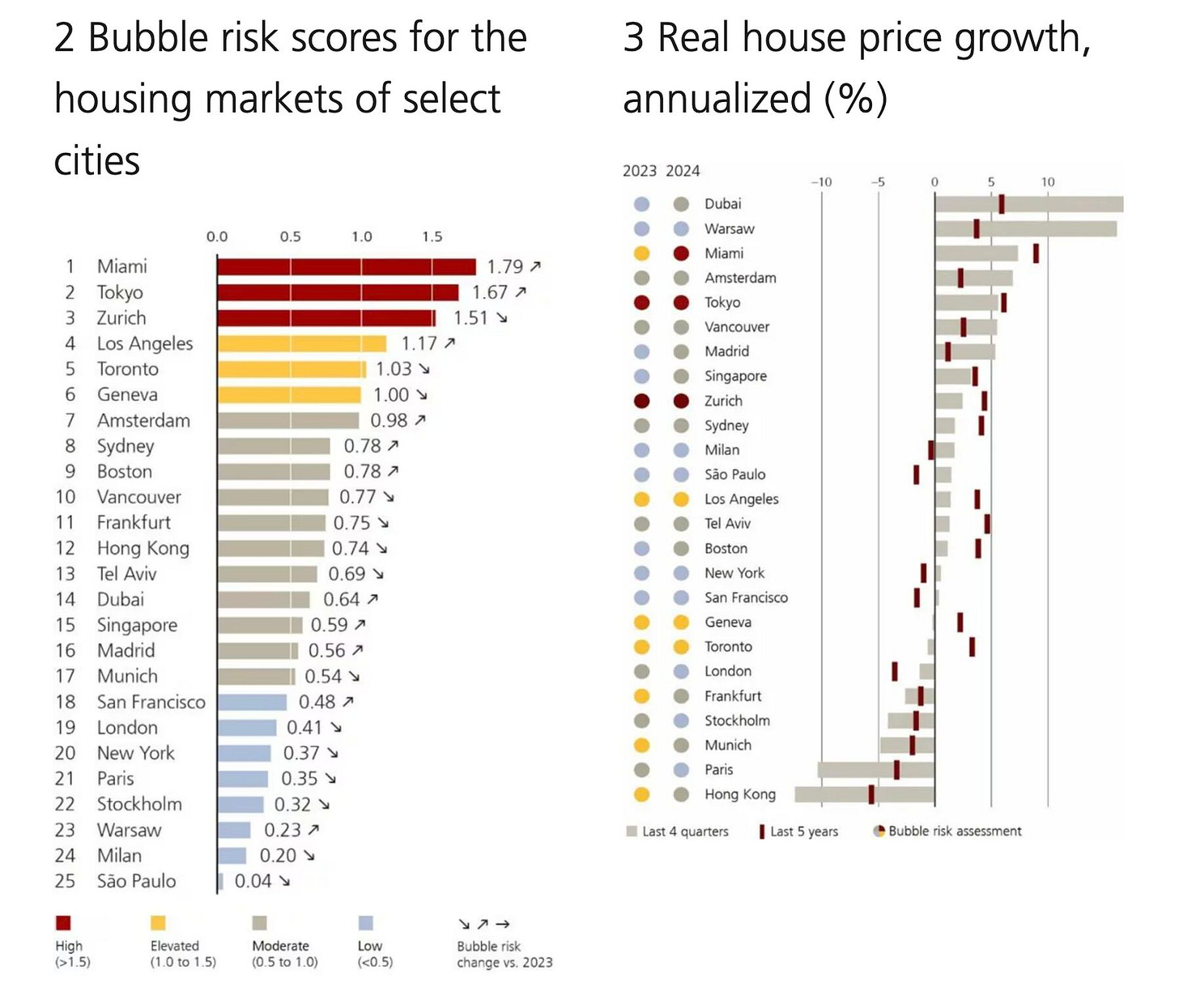
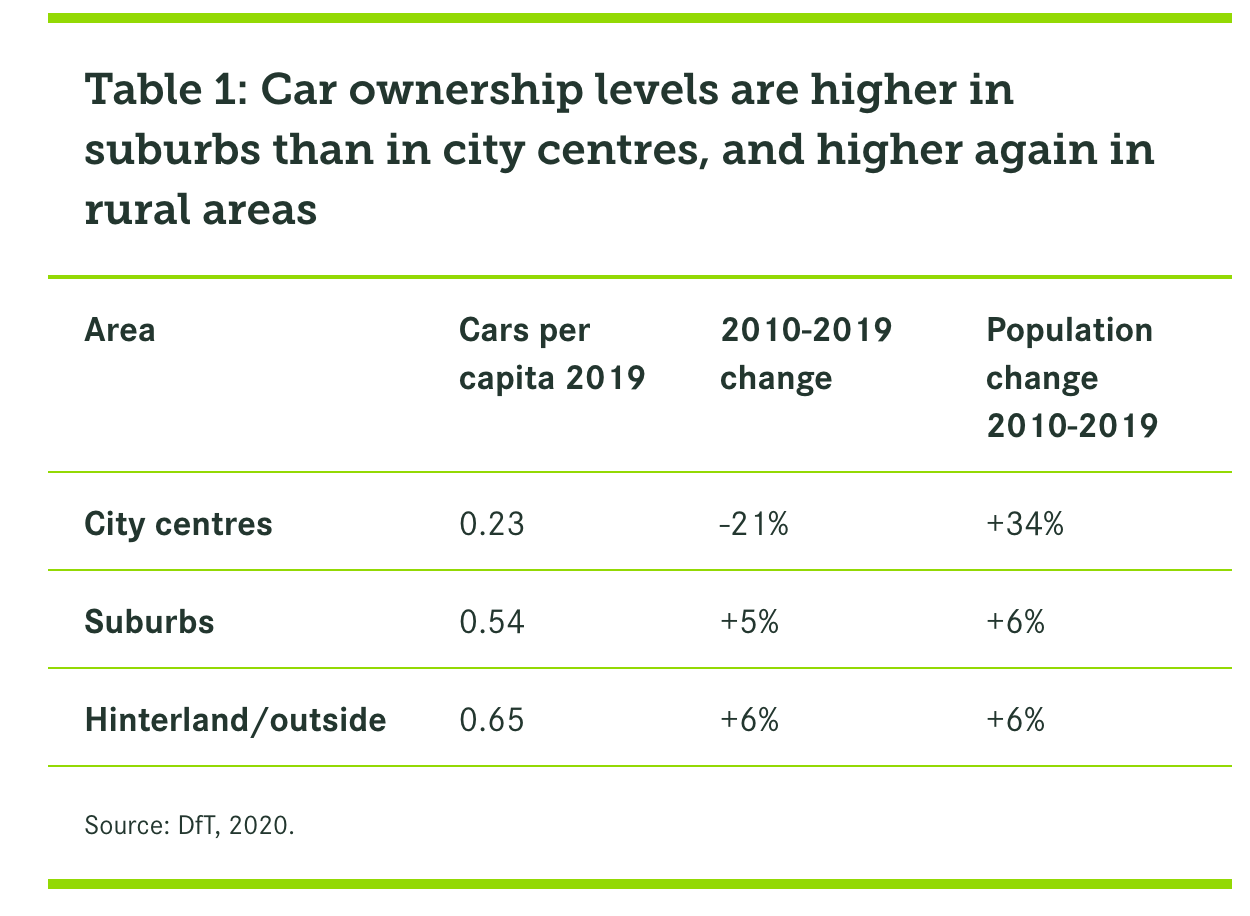
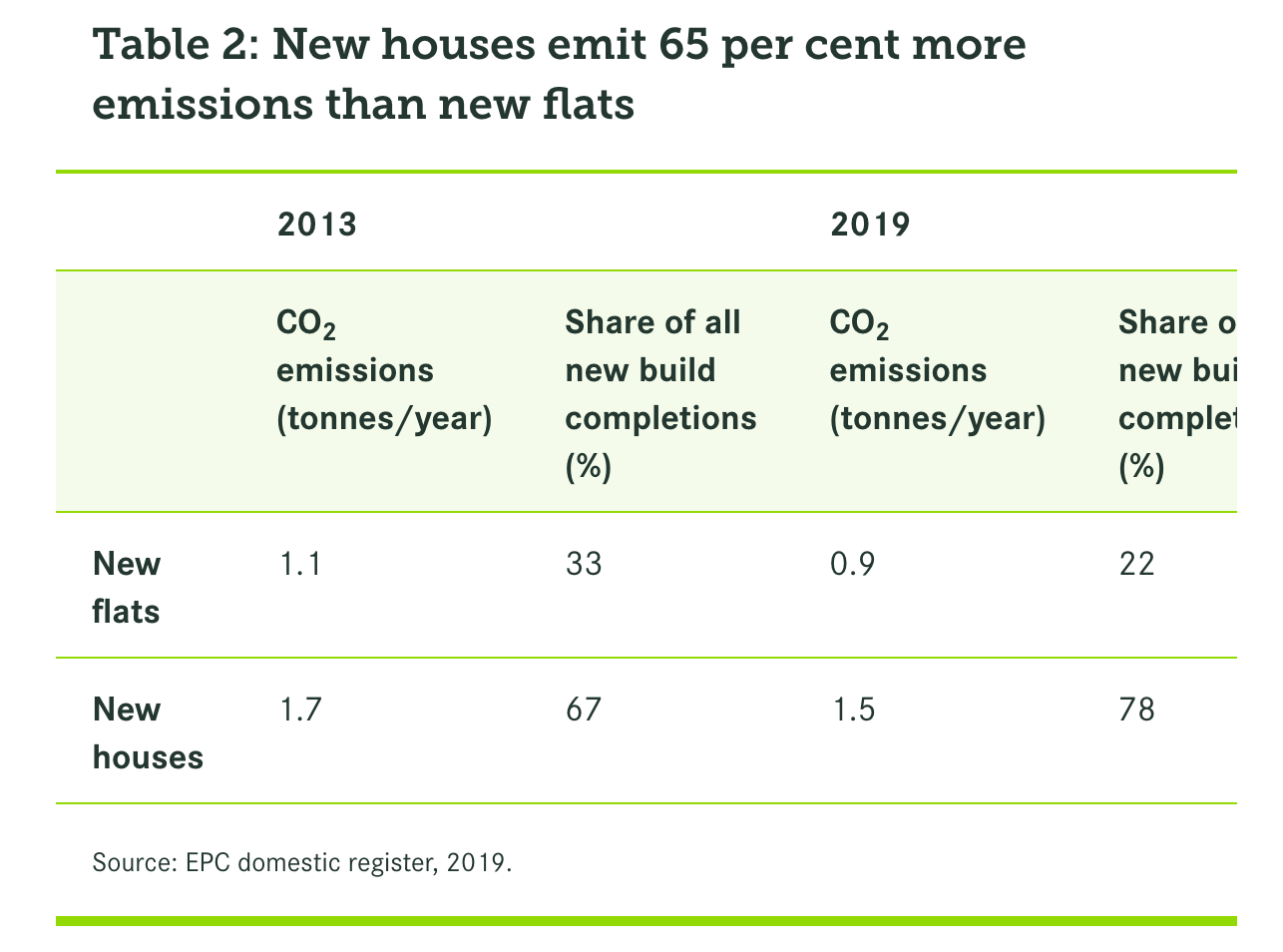
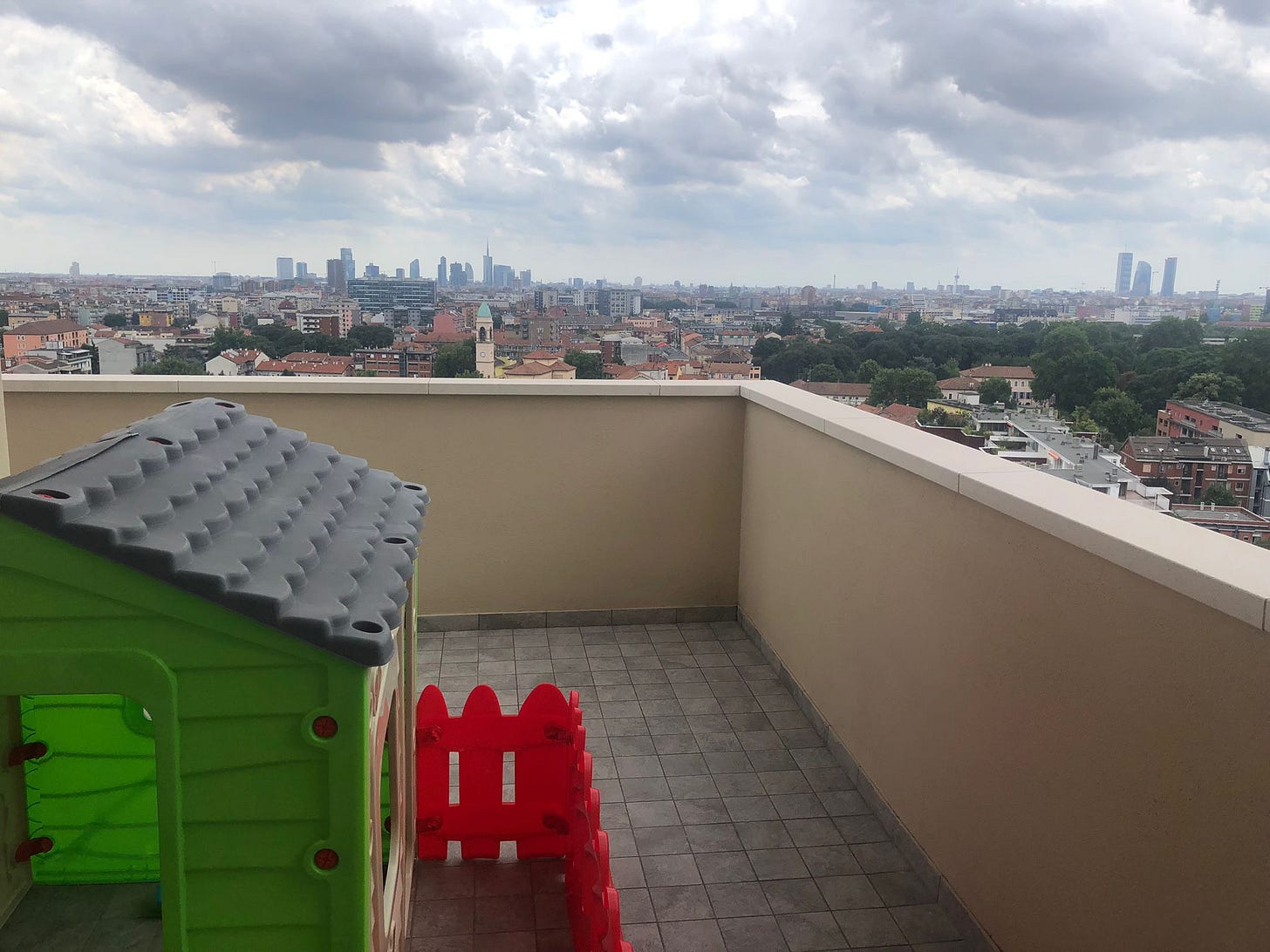
Hold up – let's talk about those empty apartments. I get the excitement about Milan's growth, but before we start pouring concrete everywhere, can we talk about the elephant in the room?
Milan has 109,404 empty apartments right now. That's 13.5% of all housing just sitting there, collecting dust. We're literally talking about enough empty homes to solve the housing crisis overnight, yet we're still debating whether to build more?
Here's the thing – Milan is already one of Italy's least green cities. With climate change breathing down our necks, shouldn't we be smarter about this? Every new building means less green space, more pollution, and honestly, a less livable city for everyone who isn't swimming in cash.
Instead of the construction frenzy, what if we actually used what we have?
Give property owners tax breaks for long-term rentals. Create government-backed rent guarantees so they're not scared of non-paying tenants. Help them renovate those empty places with subsidies. Make rent prices reasonable for normal people, not just the ultra-wealthy.
This isn't rocket science – it's faster, cheaper, and way better for the planet than building from scratch. Plus, it actually helps regular folks afford to live in Milan instead of turning it into a playground for the rich.
The "build more" approach just fuels gentrification. New luxury developments push out existing communities and jack up prices in entire neighborhoods. Meanwhile, we're ignoring perfectly good housing that could serve actual residents instead of being investment vehicles for speculators.
We don't need to cement over every square meter. We need to fill what's already there.
Fill, baby, fill.